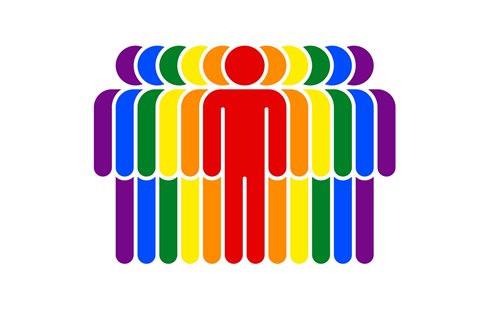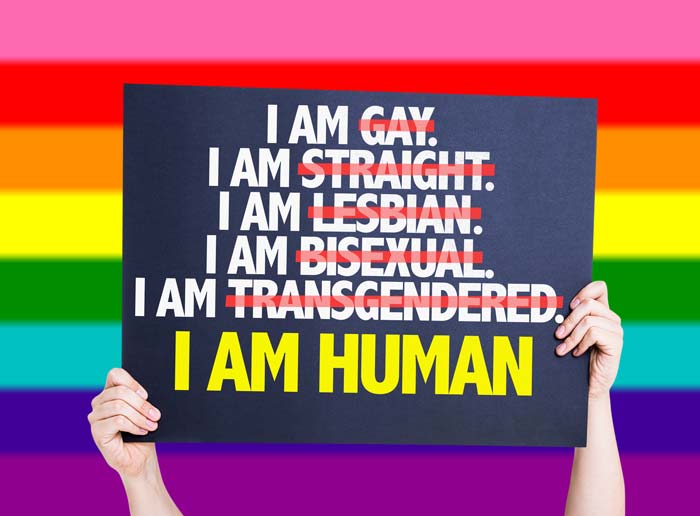Sexual. Heterosexual. Bisexual. Homosexual. Pansexual. Lesbian. Queer. Transsexual.
The variety of labels in the world of sexuality can make your head spin, especially as you try to navigate the definitions and label yourself as one or another. And the debate of nature and nurture defining sexual orientation can make it even more difficult. But newer studies show that trying to define your sexuality in one way and ignore any other tendencies could be a mistake.
Instead, it’s important to know that everyone is wired uniquely. There are two parts to sexual behavior. One is based on preference, while the other is how you act on that preference. For example, a man may identify his sexual orientation as heterosexual – he prefers the opposite sex. That’s the nature part of things, the way he is wired. However, in some cases, he may feel attracted toward a man and yet not act on it. He may treat the attraction quite differently. That doesn’t mean he’s confused, and it doesn’t mean he’s bisexual or has homosexual tendencies. It’s simply his sexual orientation identity – the way that society (nurture) has groomed him.
Think about the girls in college who tell stories about having a one-time lesbian experience who are actually heterosexual. This has, for so long, been called an experiment, exploration, or even referred to as a ‘phase’. However, science tells a different story. While orientation itself is typically more set in stone, the way you react to it – especially if you’re a woman – tends to change over time. It’s called gender fluidity, and it’s real.
For example, I may find that, for a few years, I’m drawn to women rather than men, and I enter into a casual relationship or two with women. Then, I turn right back around and start something serious with a man I meet who sweeps me off my feet. Must I define myself as ‘bisexual’ if I have never before and never again find myself sexually attracted to or entering into a relationship with a woman? That’s certainly not the case.
 As we grow and change, so does our brain chemistry and every other aspect of who we are and what we want. In many cases, this results in changing our behavior, at least for a short period. It’s no different than the way our taste in clothing and food may affect what we wear and what we eat. If a vegetarian decides to eat fish for a year and then returns to a completely meat-free diet, are they no longer a vegetarian?
As we grow and change, so does our brain chemistry and every other aspect of who we are and what we want. In many cases, this results in changing our behavior, at least for a short period. It’s no different than the way our taste in clothing and food may affect what we wear and what we eat. If a vegetarian decides to eat fish for a year and then returns to a completely meat-free diet, are they no longer a vegetarian?
We respond to our needs in a very basic way, and some of that is driven by the way society views us and how they define certain actions. It doesn’t mean that sexual orientation is not determined physiologically, and it doesn’t prove that everyone is ruled by societal norms. What it does prove is that no label will ever signify the actual truth of what drives our sexual actions. It’s more important to accept ourselves for who we are and to keep an open mind toward others so that we don’t try to fit everything into a specific mold. We should embrace our individual natures and the way that nurture has shaped us with open arms.



